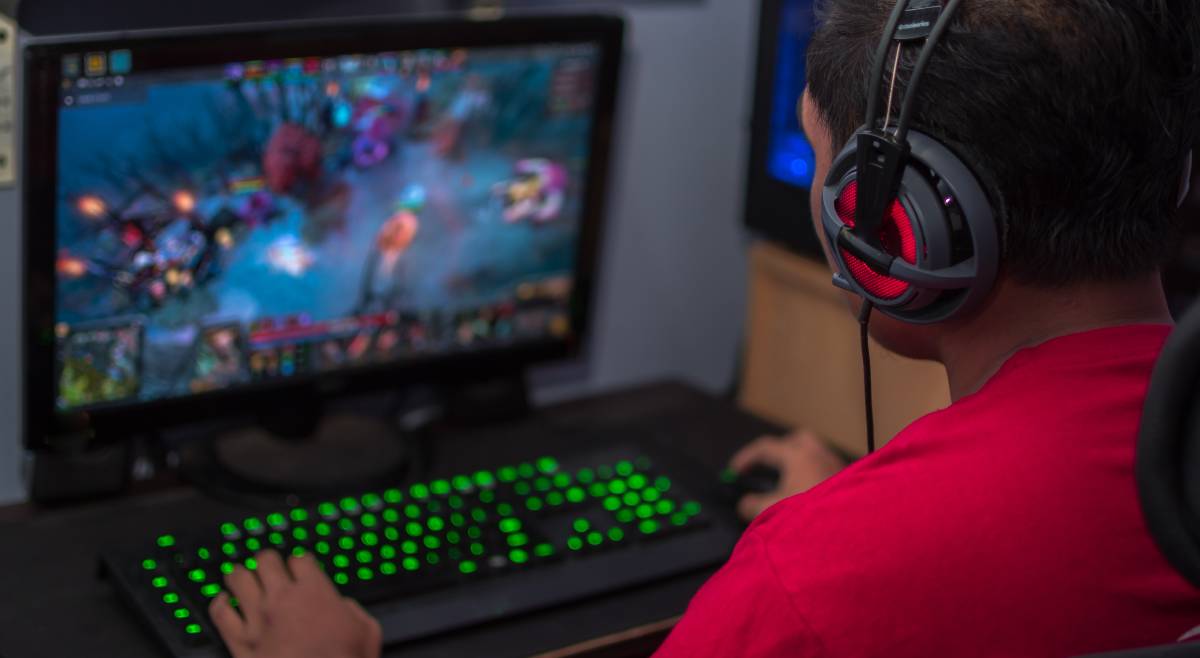Introduction
In today’s digital era, online gaming has transcended its reputation as mere entertainment and has emerged as a driving force in the realm of scientific research. The vast and diverse virtual worlds created within these games provide unique opportunities for researchers to explore various fields, ranging from psychology and neuroscience to artificial intelligence and data analysis. The thrill of victory and the lessons learned from defeat drive voj8 passion for online gaming. This article delves into the transformative role of online gaming in fueling scientific research, shedding light on the groundbreaking discoveries and advancements made possible by this interactive medium.
Exploring the Human Mind through Gaming
Unveiling the Complexities of Human Behavior
Online games serve as captivating environments that allow researchers to gain valuable insights into human behavior. By observing how individuals interact, strategize, and collaborate within these virtual realms, scientists can better understand the intricacies of social dynamics, decision-making processes, and problem-solving techniques. Through meticulously designed gameplay scenarios and data collection methods, researchers can analyze large datasets to identify patterns and draw meaningful conclusions.

Gamification for Psychological Studies
The integration of gamification techniques in scientific studies has revolutionized the field of psychology. Gaming environments provide a controlled setting to examine cognitive processes, emotional responses, and behavioral patterns in individuals. By simulating real-life scenarios and challenges, researchers can evaluate human reactions and study the impact of various factors on decision-making, memory retention, and learning outcomes. Online gaming offers a cost-effective and scalable platform for conducting psychological experiments on a large scale.
Leveraging Gaming for Medical Breakthroughs
Virtual Reality in Healthcare
The advent of virtual reality (VR) technology has paved the way for immersive medical applications within the gaming realm. Researchers and medical professionals are harnessing the power of VR to develop innovative solutions for pain management, rehabilitation, and mental health treatment. By creating realistic virtual environments and incorporating therapeutic elements, patients can engage in interactive experiences that promote healing and enhance well-being. Moreover, VR simulations enable medical practitioners to refine their skills, practice complex procedures, and improve patient outcomes.
Data Mining and AI in Biomedical Research
Online gaming generates vast amounts of data that can be leveraged for biomedical research. Through player interactions, gameplay patterns, and in-game choices, researchers can gather valuable information to gain insights into human behavior and cognition. Advanced data mining techniques coupled with artificial intelligence (AI) algorithms empower scientists to uncover correlations, identify risk factors, and develop predictive models for various medical conditions. This wealth of data holds immense potential for accelerating drug discovery, optimizing treatment protocols, and revolutionizing personalized medicine.
Gaming as a Catalyst for Technological Advancements
Pushing the Boundaries of AI
Online gaming has emerged as a testing ground for pushing the boundaries of artificial intelligence. In competitive gaming scenarios, AI algorithms are pitted against human players, challenging the AI’s ability to strategize, adapt, and make split-second decisions. The development of sophisticated AI agents capable of rivaling human performance in complex games not only fuels advancements in the gaming industry but also has far-reaching implications in other domains such as autonomous vehicles, robotics, and smart systems.
Crowdsourcing Scientific Problem Solving
Gaming communities offer a unique opportunity for crowdsourcing scientific problem-solving. Through collaborative platforms and open-source initiatives, gamers from around the world can contribute their skills, expertise, and innovative ideas to tackle complex scientific challenges. This collective intelligence and diverse perspectives fostered within gaming communities have the potential to drive breakthroughs in fields like astronomy, climate science, and cryptography.
Conclusion
Online gaming has evolved into a dynamic catalyst for scientific research, transcending its conventional role as a source of entertainment. From unraveling the complexities of human behavior to enabling medical breakthroughs and propelling technological advancements, the impact of online gaming on scientific progress cannot be overstated. By embracing this interactive medium, researchers can tap into the vast potential of virtual worlds, leveraging the power of gaming to unlock new frontiers and shape the future of innovation.

Leave a Reply